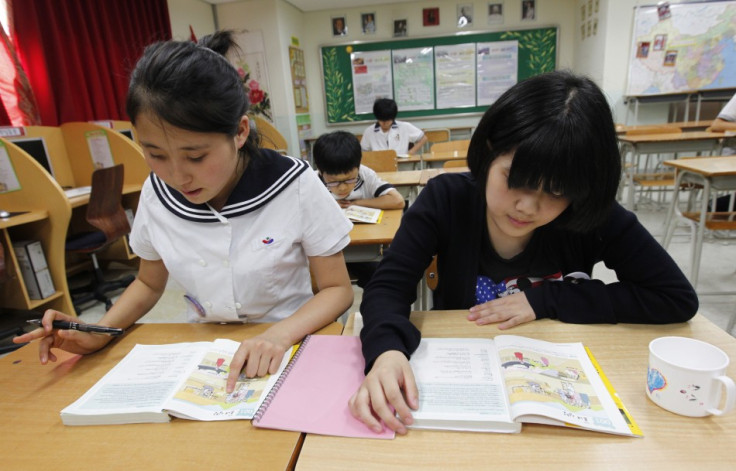Babies Fed on Demand Have Higher IQ

Babies who are breast-fed or bottle-fed on demand have a higher IQ, according to a new study by researchers from the Institute for Social and Economic Research (ISER) at the University of Essex and the University of Oxford. The IQ scores of eight-year-old children who had been demand-fed as babies were between four and five points higher than the scores of schedule-fed children.
"The difference in IQ levels of around four to five points, though statistically highly significant, would not make a child at the bottom of the class move to the top, but it would be noticeable," said Dr Maria Iacovou from the ISER. She said a child ranked 15th, might be, with an improvement of four or five IQ points, ranked higher, at about 11th or 12th in the class.
In the 1990's, researchers had conducted a study on more than 10,000 children from the Avon Longitudinal Study of Parents and Children in the UK. When the babies were four weeks old, mothers were asked a simple question: Is your baby fed (either by breast or bottle) on a regular schedule (eg every 4 hours)? 7 per cent of the mothers replied "yes", 23 per cent replied "yes, try to" and 69 per cent said "no, fed on demand".
Researchers analysed this data and found that children who were fed on demand had higher IQ scores at the age of eight and those children performed really well in tests at the age of five, seven, 11 and 14.
This clearly shows that children who are fed on demand have a higher IQ than schedule-fed children.
© Copyright IBTimes 2024. All rights reserved.








